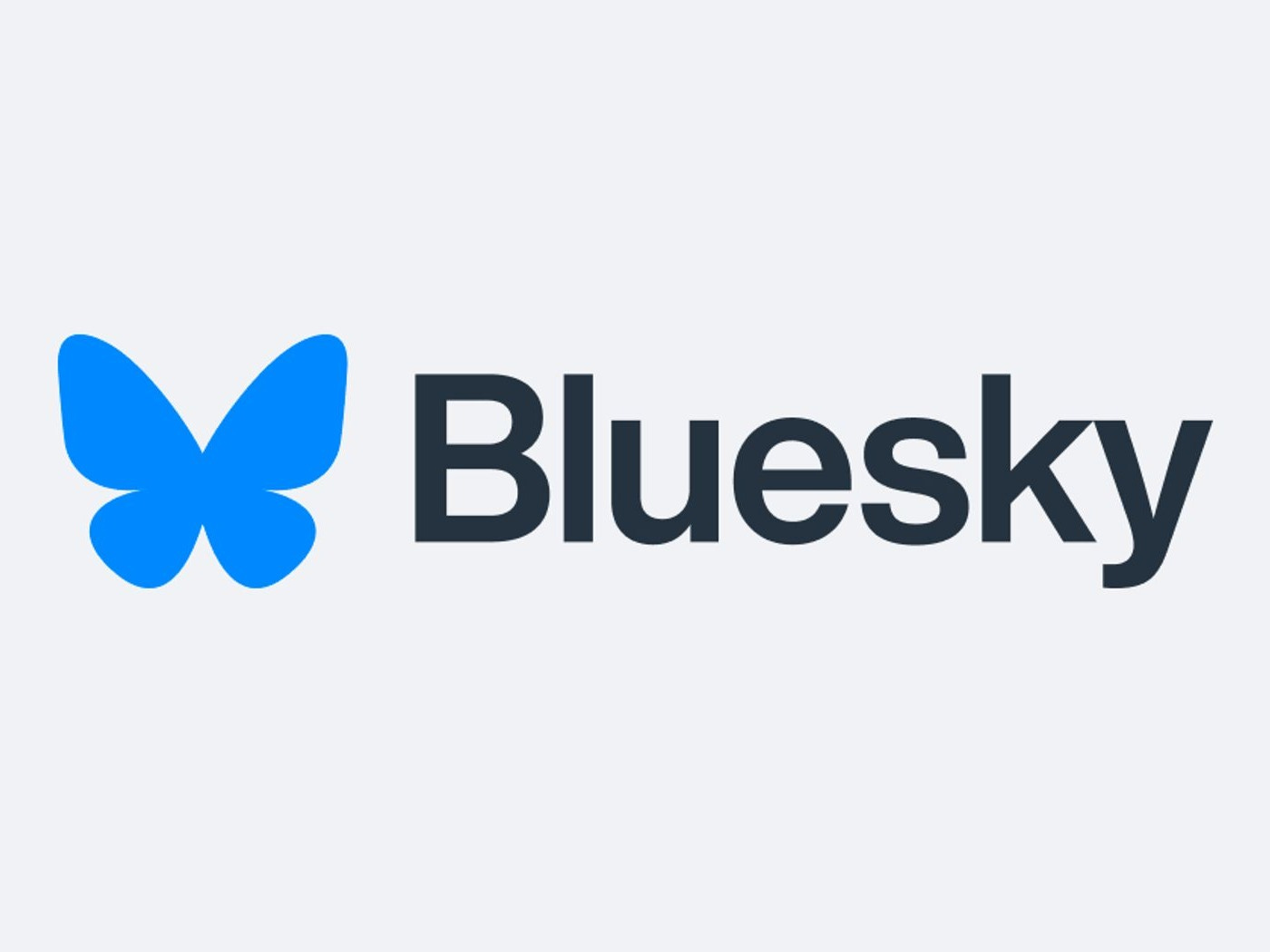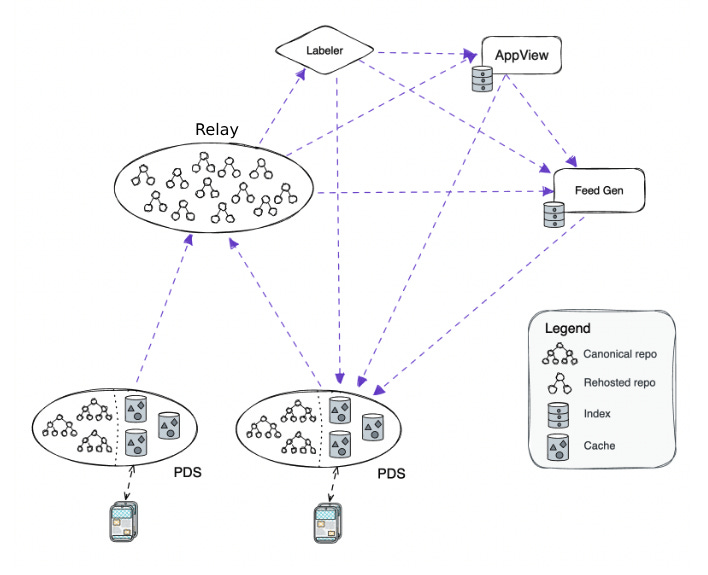User ban controversy reveals Bluesky’s decentralized aspiration isn’t reality
Description
When it launched in 2023 in private beta, Bluesky was pitched as a different kind of social network, one that placed openness and user-friendliness at its core. It came along at just the right moment as Elon Musk’s purchase and takeover of Twitter led millions of users head toward any type of exit.
The initial destination for many was Mastodon, but its Linux geek ethos and system of numerous “federated” servers that communicate via the open-source ActivityPub protocol proved to be too complicated for people who just wanted to crack jokes. Acting on the opportunity, Bluesky opened up to the public in February 2024 and saw a rapid influx of users.
Besides being easier to sign up and use than Mastodon, Bluesky offered a different approach to content moderation that was more flexible and user-driven. In addition to making its software source code available under open licenses, Bluesky wanted to put moderation decisions in the hands of its users, encouraging them to make lists of accounts that could be automatically blocked or labeled—and thereby removing itself as much as possible from moderation decisions that have plagued discussion group administrators since the days of Usenet newsgroups.
Millions of people flooded in after Bluesky opened its doors to the public. By November of 2024, there were nearly 1.5 million daily posters, most of them anti-Musk Twitter refugees who were eager to get away from Musk’s right-wing makeover of the site into X.
However, as time has gone by, Bluesky’s traffic has declined (X’s has as well) and some of its users have become increasingly upset at its moderation decisions, including allowing U.S. Vice President J.D. Vance and anti-trans writer Jesse Singal to remain as users of the platform. Singal became a particular target, prompting a petition with more than 28,000 signatures urging Bluesky to “enforce its Community Guidelines” against him that has not been successful, although he has been temporarily banned.
Accusations of indifference to anti-trans bigotry seem to have exacerbated some users’ frustrations with the platform for its alleged tolerance of racist content. In 2023, many launched a “posting strike” after they discovered that Bluesky allowed people to sign up for user names containing racial slurs, a policy the company quickly reversed and apologized for.
The labeling feature of Bluesky has been more positively regarded, with many people subscribing to lists to label or block Trump supporters, Singal, and other widely disliked journalists. But things have not been perfect. Several users have complained about being added to libelously named lists, while others have complained that stalkers have added them to numerous lists out of revenge. Trying to balance concerns between legitimate blocklist maintainers and victims of false accusations, Bluesky unveiled a series of changes to its terms of service which brought it more in line with other social platforms, but also sparked controversy because now users can get blocklists hidden by reporting on them.
The failure of the Singal ban effort has also continued to grate on Bluesky’s most persistent critics, and the site’s executives have been met with many critical and often off-topic replies and quote posts.
While Bluesky has been navigating user concerns, its engineering team has been moving ahead with its long-promised open source efforts, breaking up its software stack into several pieces to enable a federated Authenticated Transfer Protocol (ATProto) network where anyone with the know-how and funds could run their own copy of Bluesky.
There are several key pieces of code that combine to make the Bluesky network function: A personal data server (PDS) which hosts the official/canonical copies of its users’ posts and profile information. Whenever it’s updated, the data is combined and sent to a Relay server, which combines and indexes posts from many different PDSes to create what social networks call the “firehose,” the collection of all posts made on the network.
The firehose data is imported by a labeler program which categorizes it in various ways set up by users, the processed data is combined together by an application server (or AppViews as they’re called for now in Bluesky). When a user logs into their PDS and pushes “refresh,” their local app connects to the PDS’s designated feed generator which serves up a cached version of the accounts they follow.
While the ATProto system has been criticized as overly complicated compared to the ActivityPub system that powers the Fediverse, it has one key feature that ActivityPub lacks: the ability to transfer servers while keeping all of your followers and posts.
Due to the complexity of the Bluesky software stack, whether its federation model actually works in practice has not really been put to the test. While ActivityPub has several instances with millions of users (like Facebook Threads, Flipboard, and even Donald Trump’s Truth Social), it also has many much smaller ones run by small organizations and individuals.
As of this writing, however, the only completely independent implementation of ATProto is Bluesky. But that isn’t for want of trying on the part of Rudy Fraser, the creator of Blacksky, an alternative service that he unveiled in May of 2023 in response to







